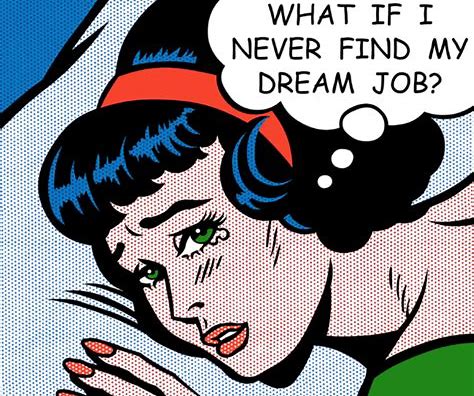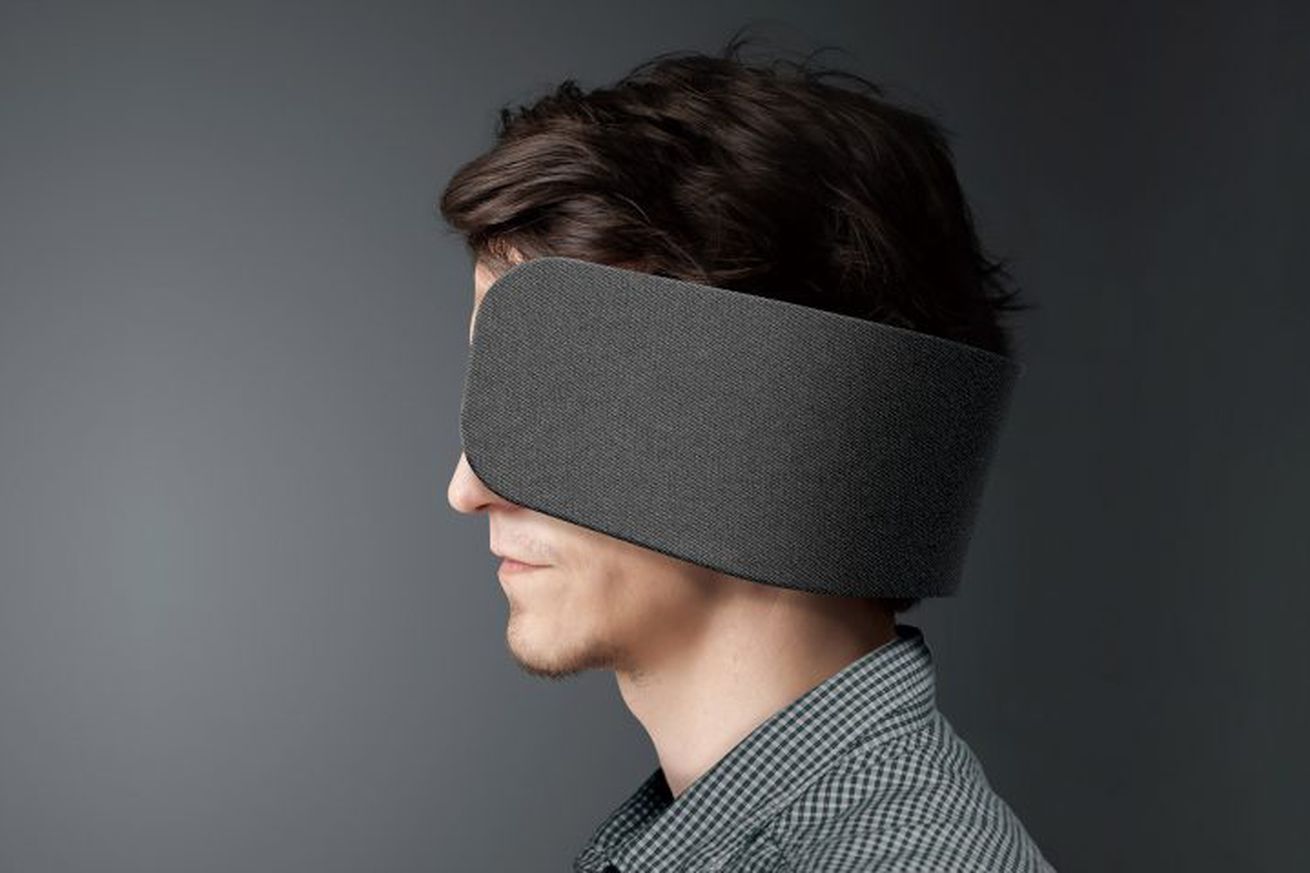Sensing age discrimination at work? Maybe try changing your date of birth
Here in the US, the Age Discrimination in Employment Act (ADEA) specifically forbids workplace age discrimination against people who are age 40 and over. The law prohibits discrimination in any aspect of employment, including hiring, firing, pay, job assignments, promotions, layoff, training, benefits, and any other term or condition of employment. Additionally, an employment policy or practice that applies to everyone, regardless of age, can be illegal if it has a negative impact on applicants or employees age 40 or older and is not based on a reasonable factor other than age.
But despite the ADEA's intentions, we all kind of know that age discrimination still happens in workplaces. It often is disguised by job descriptions that emphasize terms like 'fast-paced' or 'dynamic' or even older applicants being turned away under the guise of them being 'overqualified'. Sometimes you can just look around you and get the sense that the company or department only seems to hire people between 20 - 30 years old no matter how many openings get filled or the type of roles being filled. 
But since it isn't technically illegal (in the US, your country may be different) for employers to request or require an applicant's or employee's date of birth, even companies that have good intentions and don't wish to discriminate based on age, might still succumb to age-related biases and/or outright discrimination.
So what can/should you do if you are say 40+ and are starting to sense that your age may be limiting your career prospects or opportunities?
Well, I am not really sure, this isn't a career advice column, but I did want to highlight the issue after reading a story about how one gentleman in the Netherlands has tried to fight back against age discrimination. 69 year-old Emile Ratelband decided to simply try and change his date fo birth to make him legally 20 years younger, and petitioned the Dutch government to make this change official.
Here's the details from a piece on the case on Fortune:
Emile Ratelband--frequently referred to as “positivity trainer,” although he calls himself an “entrepreneur in personal development--filed suit last month to change his birthday, according to the BBC. The 69-year-old said that he felt age discrimination and that it affected his ability to work and get dates on Tinder.
“When I’m 69, I am limited. If I’m 49, then I can buy a new house, drive a different car. I can take up more work,” he told the BBC. “When I’m on Tinder and it says I’m 69, I don’t get an answer. When I’m 49, with the face I have, I will be in a luxurious position.”
Although Ratelband argued that at a time when people can change their names or even their genders, opting for a different age should be allowed.
Sadly, for Emile, the court ruled against his request to legally change his age from 69 back to 49.
According to the court, "Mr. Ratelband is at liberty to feel 20 years younger than his real age and to act accordingly. But amending his date of birth would cause 20 years of records to vanish from the register of births, deaths, marriages and registered partnerships.”
On the surface, the case does seem a little ridiculous. But then again, Ratelband does have a point about how societal norms around identity and personal freedom and expression have been and likely will continue to evolve. And as he hints at, employers, financial institutions, even potential Tinder dates - all form a pre-judgment of a person based on that one data point - age. And if that one data point is indeed causing someone to miss out on opportunities or even worse, to be actively discriminated against, then why not take a shot at changing one's circumstances to try and drive better outcomes.
Like, I said, Ratelband was not allowed to legally change his age. And the entire story does seem a little ridiculous.
But lots of other things that were once ridiculous-sounding are now pretty common and accepted.
Have a great week!

 Steve
Steve



